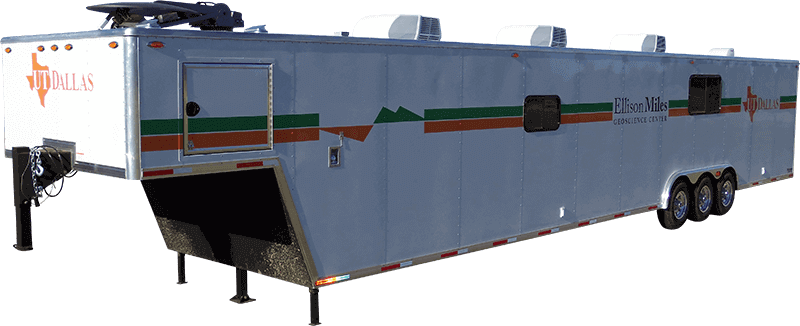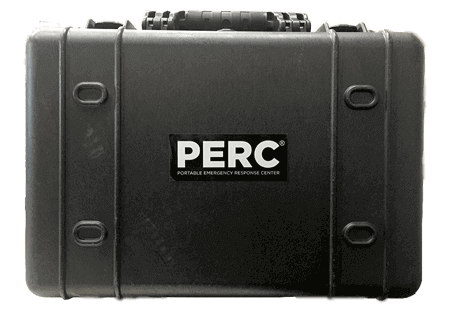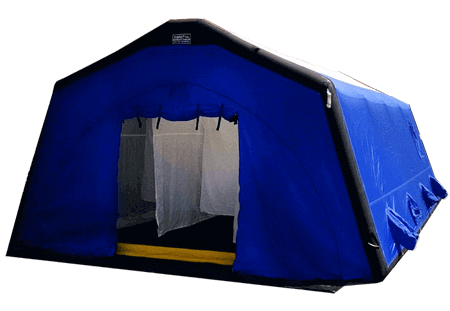Mobile Command Centers
Communicate in Times of Crisis with our Mobile Emergency Response Centers (MERC).
Mobile command centers provide power and communication solutions for emergency response and business continuity. We provide both new units and renovations for existing command vehicles.

Custom MOBILE COMMAND VEHICLES
Our mobile command centers provide solutions for power, communication, and workspace that enable emergency response and business continuity, and can be deployed anywhere in the world. We offer our customers a completely self-sufficient mobile work environment that allows them to communicate and function regardless of local conditions.
Every mobile command center solution is custom designed to meet our customer’s unique requirements.
We Are a Trusted Partner
Our Mobile Command Centers, also known as Mobile Emergency Response Centers (MERC™), are deployed in countries around the world. Our clients range from the private sector to local, state and federal governments. We are trusted by some of the largest organizations in the world, because of our extensive experience in telecommunications technology.





Mobile Command Centers
The MERC™ represents a custom-built line of mobile power and communication trailers that are designed to provide a fully operational voice, data, and radio network in a climate control led workspace.

Full Communication Packages
Complete build out of unit and full communication package integration.
Tow Aways or Vehicle Based
CCS can provide trailer based mobile command centers (tow aways) or vehicle based units (drive aways).
Custom Designs
Each unit is custom designed to meet the customer’s work space requirements and to provide the correct communication package including satellite, LTE routers, WiFi, land mobile radio service, HD TV, video cameras, interoperability, Hosted VoIP and SIP, dispatch consoles, and ample IT rack space.
PERC
The Portable Emergency Response Center is a small tactical mobile communication network that can be easily transported and deployed anywhere in the world with satellite access.

LTE Connectivity
Mobile hot spot with dual sim LTE connectivity including FirstNet Band 14.
Internal POE Switch
Internal POE switch providing 4 POE ports for cameras, computers, and hosted VoIP phones. Internal lithium batteries for extended run times.
Optional BGAN or VSAT
Optional BGAN or VSAT satellite with internal iDirect Modem and multiple USB charging ports.
Inflatable Air Shelters
These climate controlled work and shelter spaces can be hard to come by during a disaster response. Our air shelters can range in size from 10’ X 10’ to a 30’ X 60’ shelter, custom solutions are available.

Full Air Beam Package
Full air beam package (no internal support poles) that inflates in just a few minutes.
Shelters Can Interlock
Shelters can interlock to provide a much larger work space that can be separated by dividers for privacy.
Multiple Accessory Options
Optional HVAC, generator, LED lighting, bedding, and table/chair packages can be included with shelter with rolling storage carts.
Client Testimonials
This MERC package combined with the shelter provides us a response package that can be fully deployed in less than 30 minutes anywhere we need it!
The MERC Lite satellite trailer worked perfectly during our 3 day response. The generator provided continuous power allowing us to stay in constant contact with the responding Guardsmen.
The MERC Lite satellite trailers worked great during our support of the relief efforts providing mobile communications, a climate controlled shelter, and lighting for night time operations.
